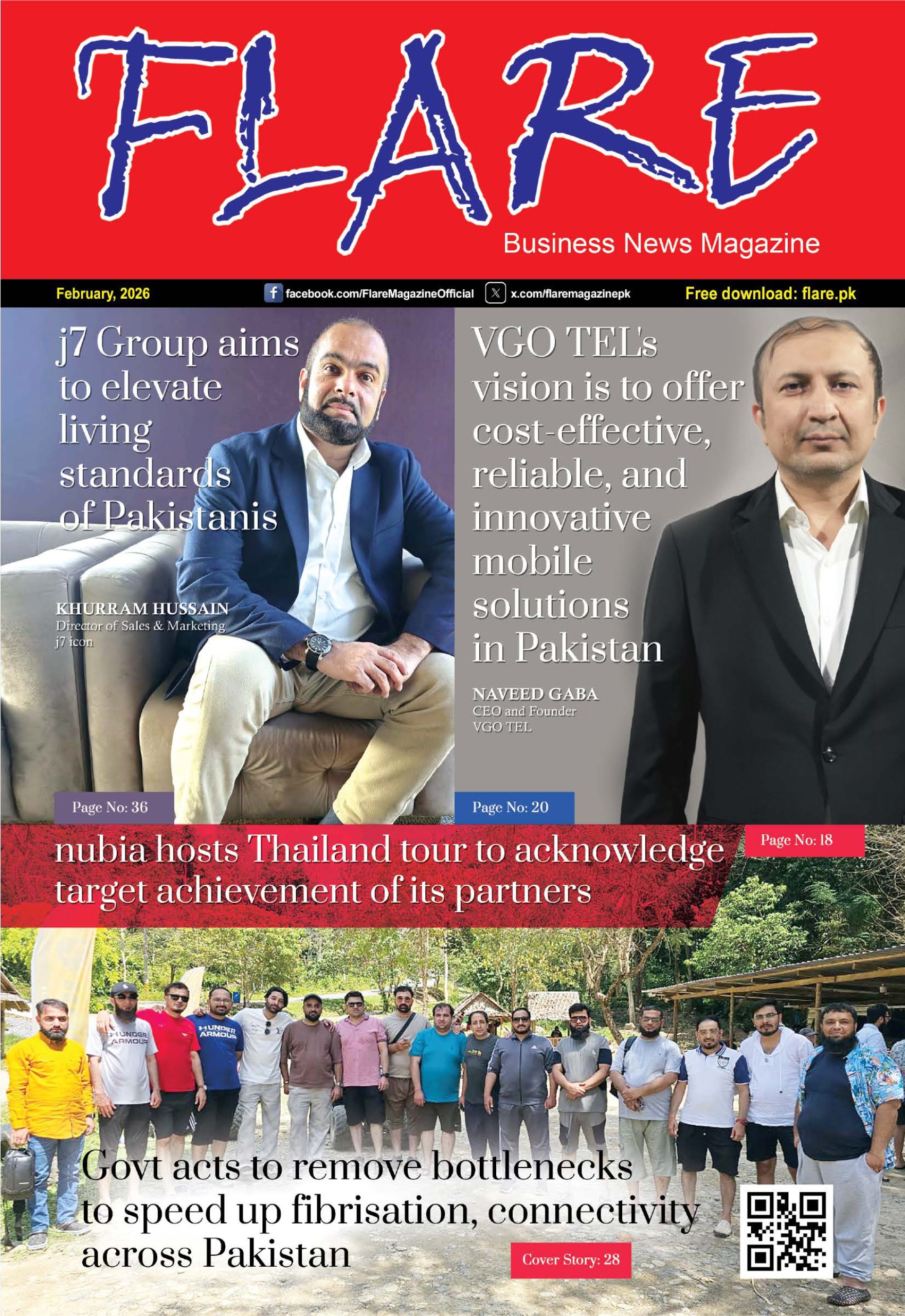McKinsey & Co. survey indicates that 66% of all respondents and 75% of millennials consider sustainability in their purchases. Customers increasingly prefer brands that align with their values, especially regarding environmental stability. A survey by The Economist shows that consumers believe brands share responsibility with governments for positive environmental change. Over the past five years, global online searches for sustainable goods have increased by 71%. This trend isn’t just in first-world countries. Consumer satisfaction in developing and emerging economies is also tied to concerns around climate change, and many want businesses to commit to protecting nature and natural systems.
Annually, the world consumes over 2 billion cups of coffee, resulting in millions of tons of coffee grounds waste. These grounds release harmful greenhouse gases during decomposition. TECNO Pakistan, a leading smartphone brand, has recently launched its CAMON 30 Series design edition in collaboration with LOEWE. This innovative edition features a back panel crafted from recycled coffee grounds, ingeniously repurposed to form the smartphone’s casing. This shows TECNO’s efforts to sustainability and eco-friendliness through thoughtful design, while maintaining the high-quality features demanded by their traditional user base.
The manufacturing process for this coffee grounds back cover is solvent-free, with zero additional water consumption and entirely powered by solar energy. This approach surpasses traditional synthetic and animal leathers in appearance, durability, texture, and environmental impact. The cover offers luxurious touch, UV resistance, and resilience against temperature and humidity changes, embodying a sustainable solution for conscientious consumers.
Each phone cover has used approximately 0.8g of waste coffee grounds, significantly reducing non-renewable resource consumption (fossil fuels) by 49.6% and carbon dioxide emissions by 46.3% compared to traditional leather covers over its lifecycle.
Combining TECNO’s advanced material technology with LOEWE, the new edition exhibits a green gradient design inspired by the lifecycle of natural leaves. This design palette symbolizes growth and vitality, celebrating nature, technology, and fashion in harmony for the planet’s benefit.
TECNO has incorporated all the essential principles into their new product development, ensuring that the entire life cycle minimizes environmental impact. This approach, known as eco-design, integrates environmental and economic considerations throughout all stages of product design. According to the World Business Council for Sustainable Development (WBCSD), key elements include reducing material and energy intensity, minimizing toxic emissions, enhancing recyclability, promoting sustainable use of renewable resources, improving durability, and increasing service efficiency of such smartphones.
The central focus of sustainable design is to make and produce products in a manner that is relatively more environmentally friendly while also being sensitive to the expectations of consumers and market sentiment. Product design has changed significantly from being concerned with traditional customer requirements like performance, shape, and easy-to-use, to sustainability considerations (social, economic, and environmental requirements) in the design process. However, researchers at Accenture emphasize that affordability and quality still remain the primary drivers behind most purchasing decisions. The concept of sustainability in a product’s design philosophy is to balance environmental, economic, and social elements in the design of products and services.
This new design edition, LOEWE by CAMON 30 Series, not only enhances style but also comes at a great price and reflects a commitment to environmental sustainability.



